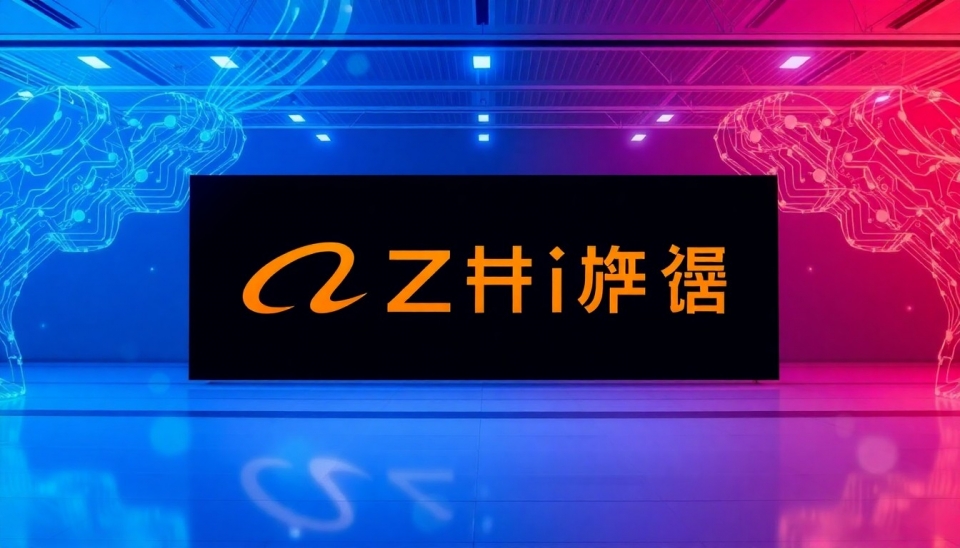
In a significant advancement in artificial intelligence, Alibaba has launched an innovative emotional intelligence model aimed at rivaling the capabilities of popular AI systems such as ChatGPT. This new model, which leverages advanced algorithms and machine learning techniques, is designed to enhance user interaction by recognizing and reacting to emotional cues in conversations, marking a pivotal shift in the landscape of conversational AI.
The unveiling of this emotional intelligence model aligns with Alibaba's broader strategy to deepen its AI initiatives and integrate emotional recognition capabilities into its offerings. By focusing on emotional intelligence, Alibaba hopes to create a more nuanced and human-like interaction in various applications—from customer service to personal assistance—making technology feel more relatable and accessible to users.
The new model is the result of extensive research and development by Alibaba's AI and Cloud division. It incorporates sophisticated data analysis methods that allow it to interpret emotions based on textual input, facilitating a more personalized user experience. This endeavor not only showcases Alibaba's technological expertise but also highlights the growing importance of emotional intelligence in AI design.
In addition to enhancing customer service interactions, the implications of this emotional intelligence model extend beyond traditional applications. Potential uses include mental health support, educational tools that adapt to student emotions, and even entertainment platforms that can adjust narratives based on audience reactions. Such advancements may redefine how businesses and consumers interact with AI, making conversations not just informative but also emotionally engaging.
The competitive landscape of AI technology is rapidly evolving, and Alibaba's new offering comes at a time when companies are racing to incorporate emotionally aware machines. As giants like OpenAI, which developed ChatGPT, continue to push boundaries in the AI field, Alibaba's entry with a focus on emotional intelligence adds a distinctive element that could sway market dynamics.
Industry experts suggest that emotional intelligence in AI could transform user engagement, leading to better customer loyalty and satisfaction. By understanding human emotions, AI systems like Alibaba's could tailor responses in a way that resonates more deeply with users, ultimately enhancing communication efficacy across multiple sectors.
As this technology continues to develop, it remains to be seen how consumers will respond and how effective Alibaba’s model will be in real-world scenarios. Nevertheless, the launch signifies a bold step forward in the quest for more intuitive and effective AI systems, positioning Alibaba as a formidable contender in the AI race.
Looking ahead, it is clear that emotional intelligence will play a significant role in shaping the future of AI interactions. As companies continue to innovate, the integration of emotionally aware models may become a standard expectation rather than a competitive edge, altering the landscape of human-computer interaction forever.
In conclusion, Alibaba's release of its emotional intelligence model not only positions the company strategically against ChatGPT but also shines a light on the importance of emotional connectivity in technology. The emerging capabilities of this model promise to enhance user experience, indicating a new era in AI development that prioritizes emotional understanding.
With such advancements on the horizon, the focus will increasingly shift toward creating AI that understands not just words but the feelings behind them, paving the way for more meaningful interactions.
#Alibaba #AI #EmotionalIntelligence #ChatGPT #TechInnovation #ArtificialIntelligence #CustomerService #HumanInteraction #FutureOfAI #MachineLearning
Author: John Miller




